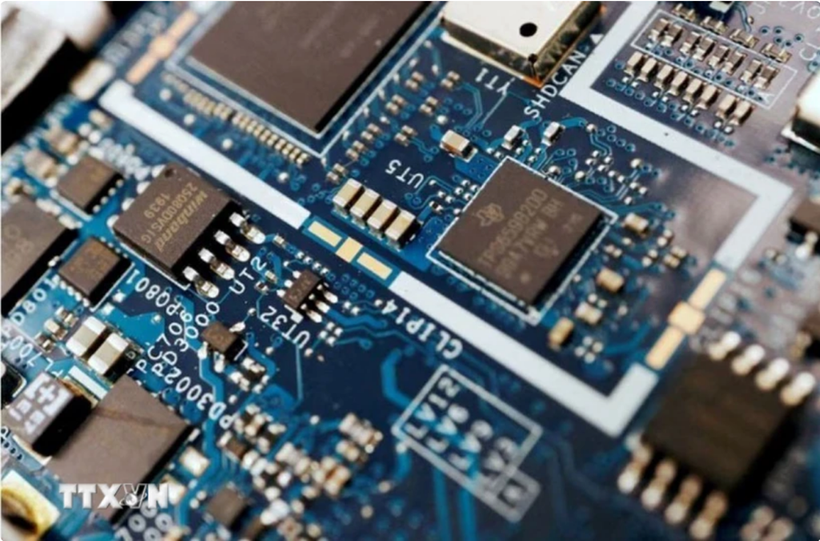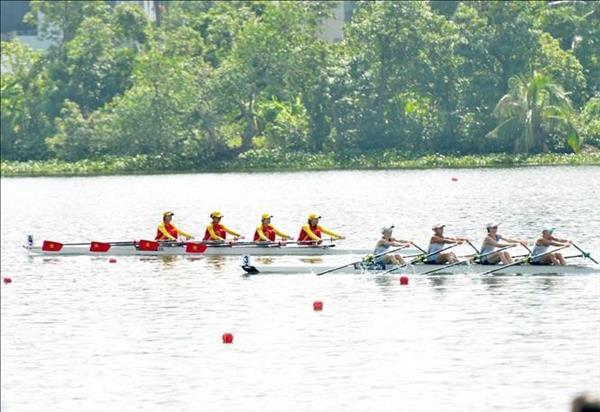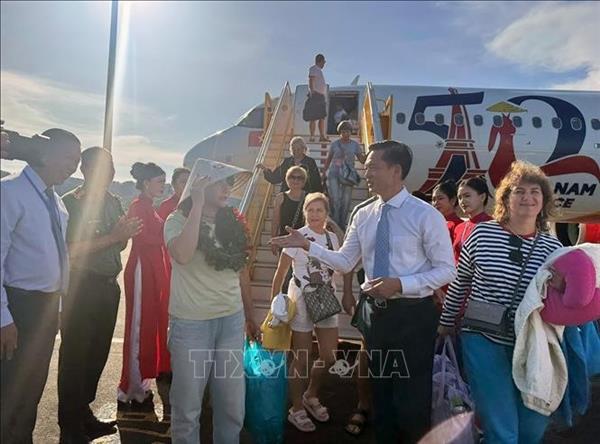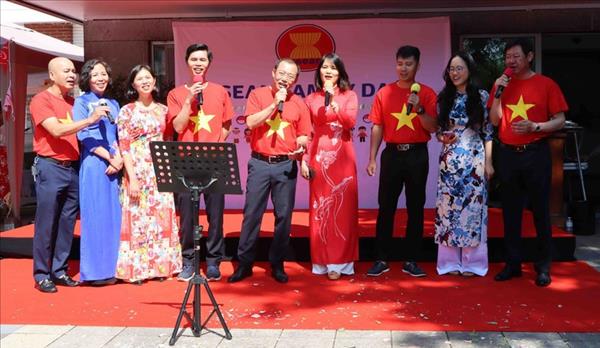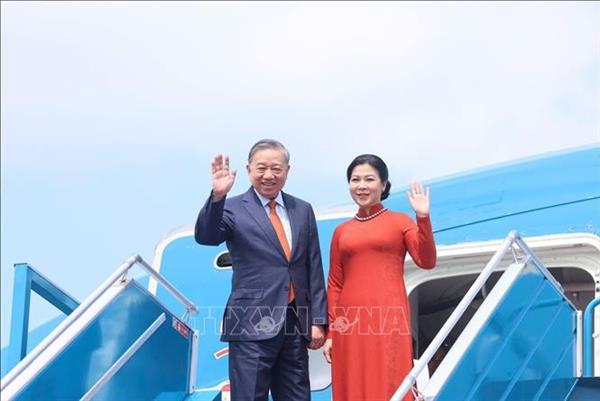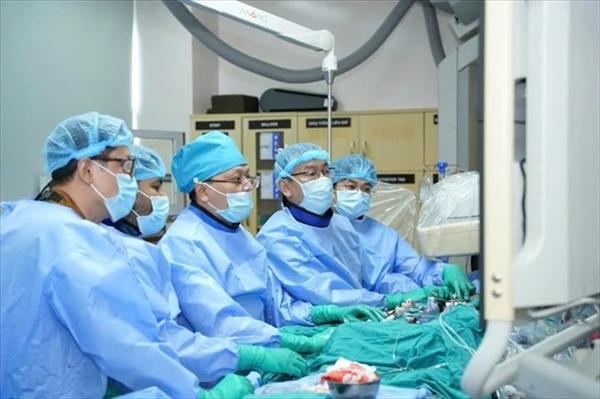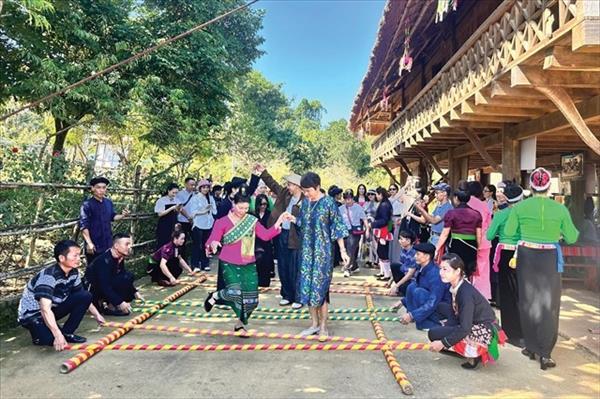Vietnam and Japan are taking concrete steps to deepen cooperation in semiconductor development — a strategic industry driving global digital transformation — through the first Vietnam–Japan Semiconductor Symposium (VJSS 2025) held recently in Osaka, Japan.
Jointly organised by the Association of Vietnamese Intellectuals in Japan, the Consulate General of Vietnam in Osaka, the Vietnam–Japan Intellectual Women Association, and the Vietnamese Academic Network in Japan (VANJ), the symposium gathered nearly 100 in-person participants, including scientists, business leaders and experts from both countries, along with hundreds more joining online.
In his opening remarks, Vietnamese Consul General in Osaka Ngo Trinh Ha said the symposium was an important step in implementing the two countries’ cooperation commitments in semiconductor technology — a key sector of the 21st century. He highlighted Japan’s support for Vietnam’s goal of training 50,000 semiconductor engineers and specialists, and called for stronger collaboration in research, technology transfer, and high-quality human resource development to help Vietnam integrate deeper into the global value chain.
During discussions, representatives from major Japanese research institutions and universities including AIST, JST, Tohoku University, the University of Tokyo, Hiroshima University, Ritsumeikan University, and Osaka University joined Vietnamese counterparts from the Vietnam Semiconductor Alliance and FPT Polytechnic College to share insights on joint research, human resource development, and technology transfer.
Professor Kazuya Masu of AIST proposed a research–application training model to keep pace with rapid technological progress, while Atsushi Arakawa from JST introduced the NEXUS Programme, a Japan–ASEAN initiative for semiconductor training and research.
Dr Truong Gia Bao, representing the Vietnam Semiconductor Human Resources Development Alliance, underlined that cooperation with Japan would be crucial to achieving Vietnam’s training target of 50,000 skilled professionals.
At the symposium, several Memoranda of Understanding (MoUs) were signed by FPT Polytechnic College, the Vietnam Semiconductor Human Resources Development Alliance, and Japanese partners. The MoUs focus on developing global training programmes, enhancing academic–industry cooperation, and creating job opportunities for Vietnamese students in Japan.
A Vietnam–Japan Semiconductor Cooperation Liaison Committee was also established to connect professors and intellectuals from both countries in Tokyo, Osaka, Kyoto, and Hiroshima, serving as a bridge between universities, research institutes, and enterprises to promote international-standard education and research collaboration.
Associate Professor Le Duc Anh, Chairman of the Association of Vietnamese Intellectuals in Japan, said the strong engagement of the academic and business communities from both sides reflects the shared commitment to building a comprehensive and sustainable Vietnam–Japan semiconductor ecosystem.
VJSS 2025 is regarded as a practical starting point for a new phase of cooperation, highlighting the growing role of the Vietnamese intellectual community in Japan as an important soft-power resource contributing to human resource development, technological advancement, and the deepening of Vietnam–Japan relations./.

